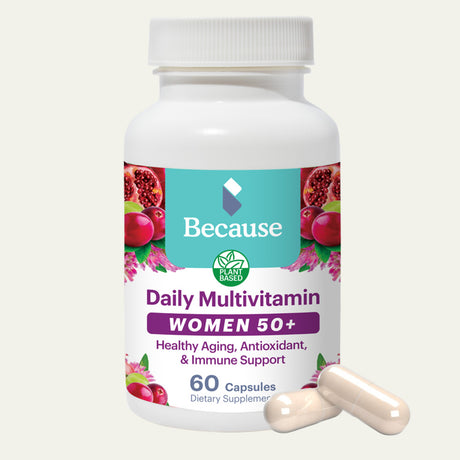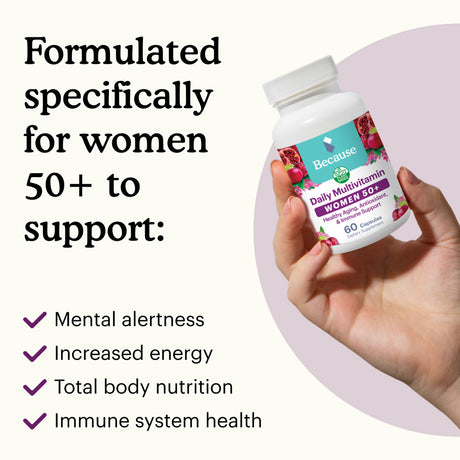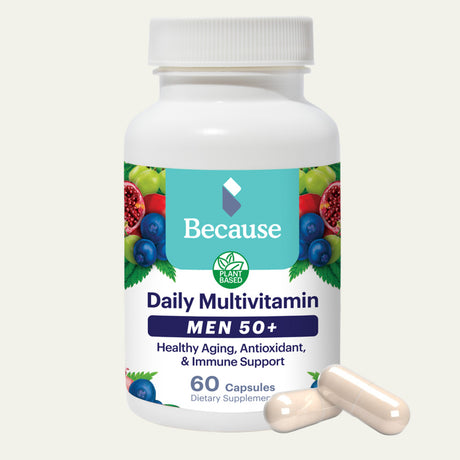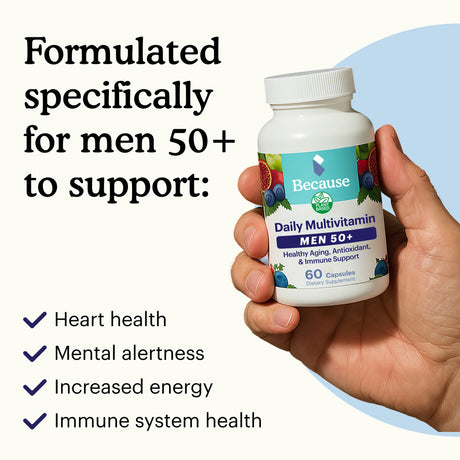Menopause is a natural and transformative phase in a woman's life, often accompanied by significant changes in sexual health and intimacy. As hormonal shifts occur, many women may experience discomfort or pain during sex, which can affect their relationships and overall well-being.
However, pain-free and enjoyable sex after menopause is not only possible but also attainable with the right knowledge, treatments, and approach. This blog will explore the causes of painful sex after menopause, offer effective treatment options, and provide practical tips for improving intimacy, empowering women to embrace a fulfilling sex life beyond menopause.

Understanding Changes After Menopause
Menopause is a natural biological process marking the end of a woman's reproductive years, typically occurring between the ages of 45 and 55. During this time, the body undergoes significant hormonal changes that can influence various aspects of life, including sexual health. About 85% of women experience at least one negative symptom due to menopause. Many women experience challenges in maintaining a pain-free, enjoyable sex life after menopause. However, with proper understanding, treatment, and communication, it is possible to enjoy a fulfilling sex life post-menopause.
Causes of Painful Sex After Menopause
Understanding the causes of painful sex after menopause is crucial for finding effective solutions. Several factors, including physical changes like vaginal dryness and thinning, hormonal imbalances, and emotional barriers, can contribute to discomfort during intercourse.
Vaginal Dryness and Thinning
A common cause of painful sex after menopause is vaginal atrophy, which occurs due to reduced estrogen levels. Estrogen plays a critical role in maintaining the elasticity, thickness, and natural lubrication of vaginal tissues. When estrogen production declines, the vaginal walls become thinner, drier, and less flexible, making intercourse uncomfortable or painful.
Hormonal Changes and Their Impact
Menopause is characterized by a significant drop in estrogen, progesterone, and testosterone levels. This hormonal shift can reduce sexual desire and lead to physical discomfort during intercourse. The decrease in hormones may also affect blood flow to the genital area, resulting in reduced sensitivity and arousal.
Psychological Factors and Emotional Barriers
In addition to physical changes, menopause can introduce psychological challenges that affect sexual well-being. Body image concerns, anxiety, and stress related to aging may reduce a woman's desire for intimacy. Fear of pain during sex can also create emotional barriers, further complicating the ability to relax and enjoy the experience.

Treatment Options for Pain-Free Sex
Fortunately, there are numerous treatment options available to alleviate pain during sex after menopause, addressing both physical and emotional aspects.
Hormone Replacement Therapy (HRT)
HRT involves the use of synthetic hormones to supplement the body's natural hormone levels. It can be highly effective in alleviating vaginal dryness and thinning by restoring estrogen levels. HRT can be administered in various forms, including pills, patches, creams, or vaginal rings. It’s essential to consult with a healthcare provider to determine the best form and dosage for each individual.
Vaginal Moisturizers and Lubricants
For women seeking non-hormonal options, vaginal moisturizers and lubricants can provide relief from dryness and discomfort. Moisturizers are designed for regular use to maintain vaginal hydration, while lubricants are used before sexual activity to reduce friction and make intercourse more comfortable. Opt for water-based or silicone-based lubricants, as they are less likely to cause irritation.
Pelvic Floor Therapy
Weak pelvic floor muscles can contribute to painful intercourse. Pelvic floor therapy involves exercises that strengthen the muscles supporting the bladder, uterus, and rectum. A trained therapist can guide women through exercises like Kegels, which improve muscle tone and control, potentially reducing pain during sex.
Cognitive Behavioral Therapy (CBT) for Sexual Anxiety
For those experiencing anxiety or fear related to sexual activity, Cognitive Behavioral Therapy (CBT) can be beneficial. CBT helps individuals identify and change negative thought patterns that may be contributing to sexual anxiety or avoidance. By addressing emotional barriers, CBT can improve both sexual desire and satisfaction.

Tips for Improving Sexual Intimacy Post-Menopause
While treatments can address physical symptoms, there are also practical ways to enhance sexual intimacy after menopause.
Open Communication with Your Partner
Clear and honest communication with your partner is key to maintaining intimacy. Discussing concerns, desires, and comfort levels helps build trust and ensures that both partners feel supported. Understanding each other's needs can create a more relaxed, enjoyable sexual experience.
Taking It Slow and Building Comfort
Post-menopause, it may be necessary to adjust the pace of sexual activity. Taking things slowly, incorporating more foreplay, and focusing on building comfort can reduce the likelihood of discomfort. Gradually increasing sexual activity as the body adjusts can make the experience more pleasurable.
Experimenting with New Forms of Intimacy
Intimacy is not limited to intercourse. Exploring other forms of physical connection, such as sensual touch, massage, or non-penetrative sexual activities, can deepen the bond between partners. Experimenting with different types of intimacy can also relieve pressure and allow for more enjoyable experiences without the fear of pain.
When to Seek Professional Help
If pain during sex persists despite trying various treatments, it may be time to seek professional help. A healthcare provider, such as a gynecologist or a sex therapist, can provide a thorough evaluation and recommend more specialized treatments. Painful sex should not be ignored, and professional support can lead to a resolution that improves overall quality of life.
Embracing a Healthy and Fulfilling Sex Life Post-Menopause
Menopause does not signal the end of a fulfilling sex life. With the right knowledge, treatments, and emotional support, it is entirely possible to maintain or even enhance intimacy after menopause. The key lies in understanding the changes your body is going through, addressing discomfort with appropriate solutions, and keeping an open line of communication with your partner. By embracing these strategies, post-menopausal women can experience a renewed sense of sexual well-being and connection.
Frequently Asked Questions
Does menopause affect libido?
Yes, menopause can lower libido due to hormonal changes like reduced estrogen and testosterone, which can cause vaginal dryness and decreased sensitivity. Psychological factors, such as stress and anxiety, may also contribute. However, treatments like hormone therapy and open communication can help improve sexual desire.
Is sex after menopause painful?
Yes, sex after menopause can be painful due to decreased estrogen, which causes vaginal dryness and thinning tissues. However, treatments like lubricants and hormone therapy can ease discomfort and improve sexual experiences.
What are the symptoms of menopause?
Menopause symptoms vary widely but commonly include hot flashes, night sweats, and mood swings. Other symptoms may include vaginal dryness, reduced libido, sleep disturbances, and weight gain. Some women also experience joint pain, thinning hair, and memory issues. Symptoms can range in intensity and duration, often lasting during both perimenopause and postmenopause.
At what age do women stop having sex?
There is no specific age when women stop having sex, as it varies widely based on individual preferences, health, and circumstances. While sexual activity may decline with age due to physical changes, reduced libido, or health conditions, many women remain sexually active well into their later years. Studies show that factors like a supportive relationship, good health, and interest in intimacy influence continued sexual activity, with many women in their 60s, 70s, and beyond maintaining an active sex life.














